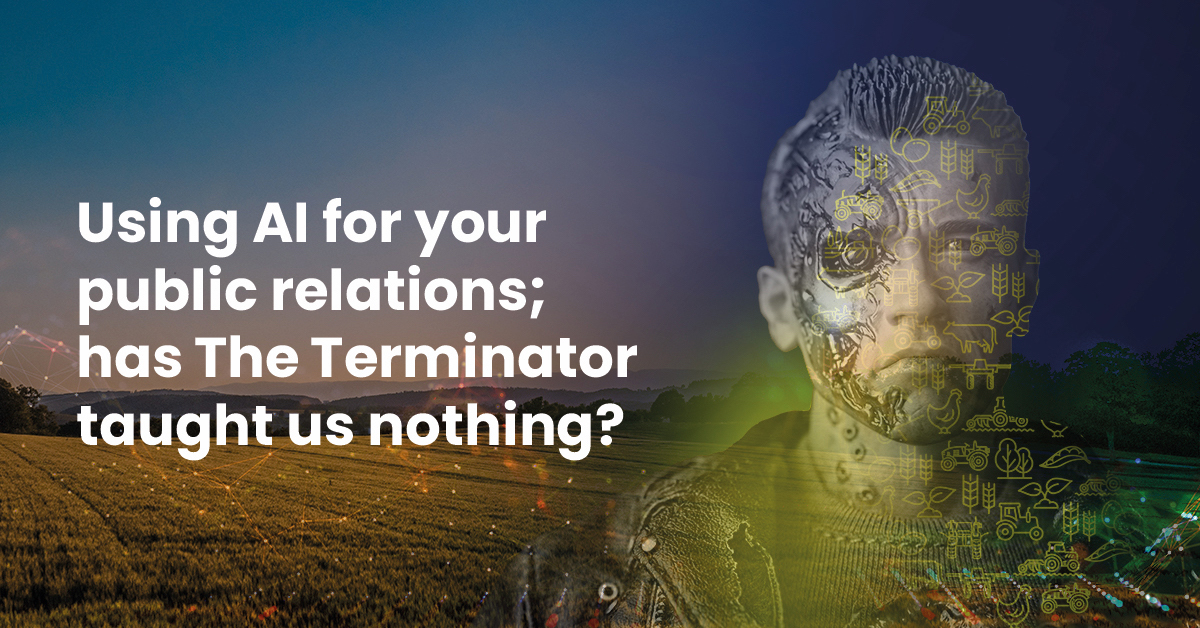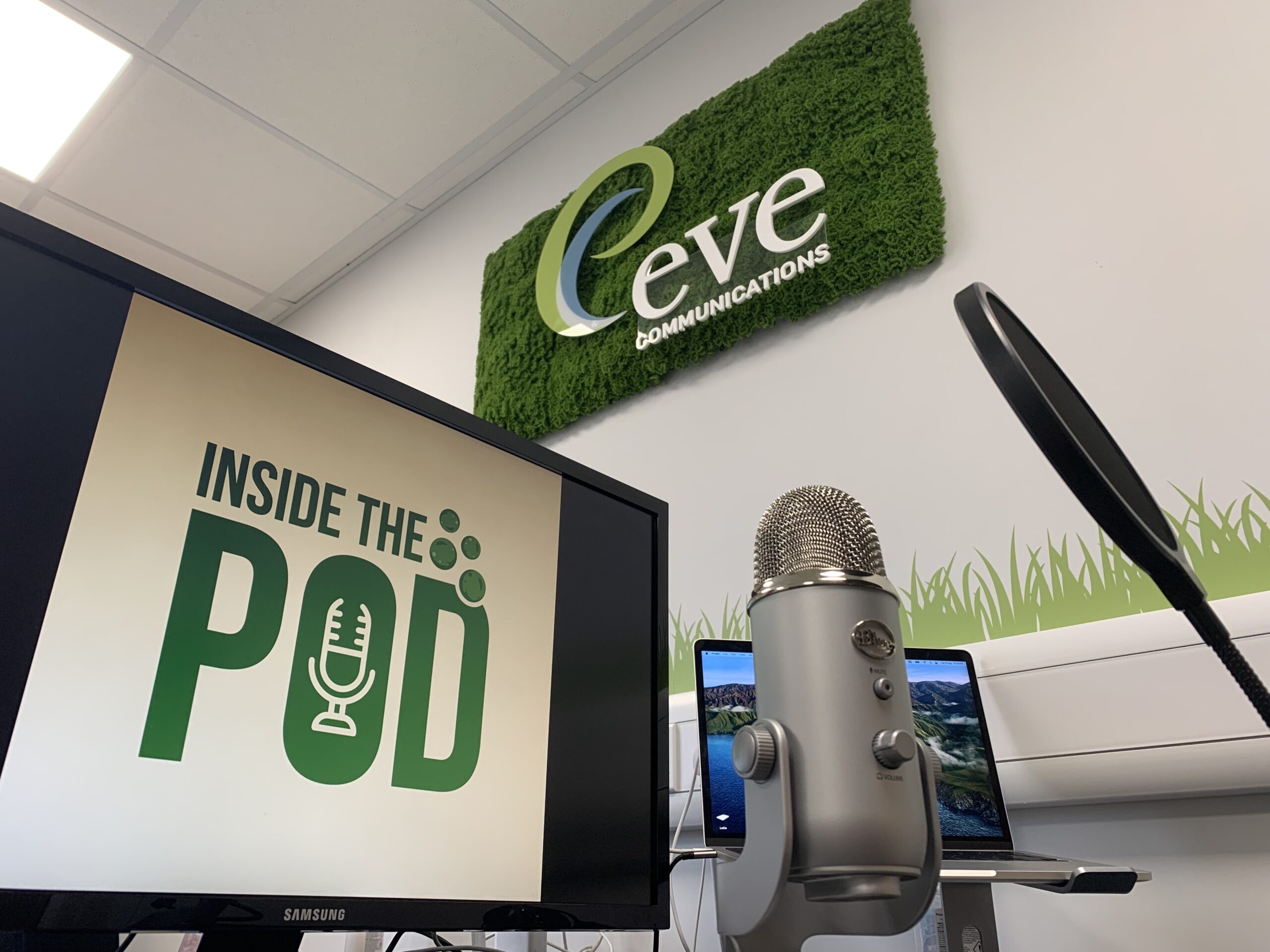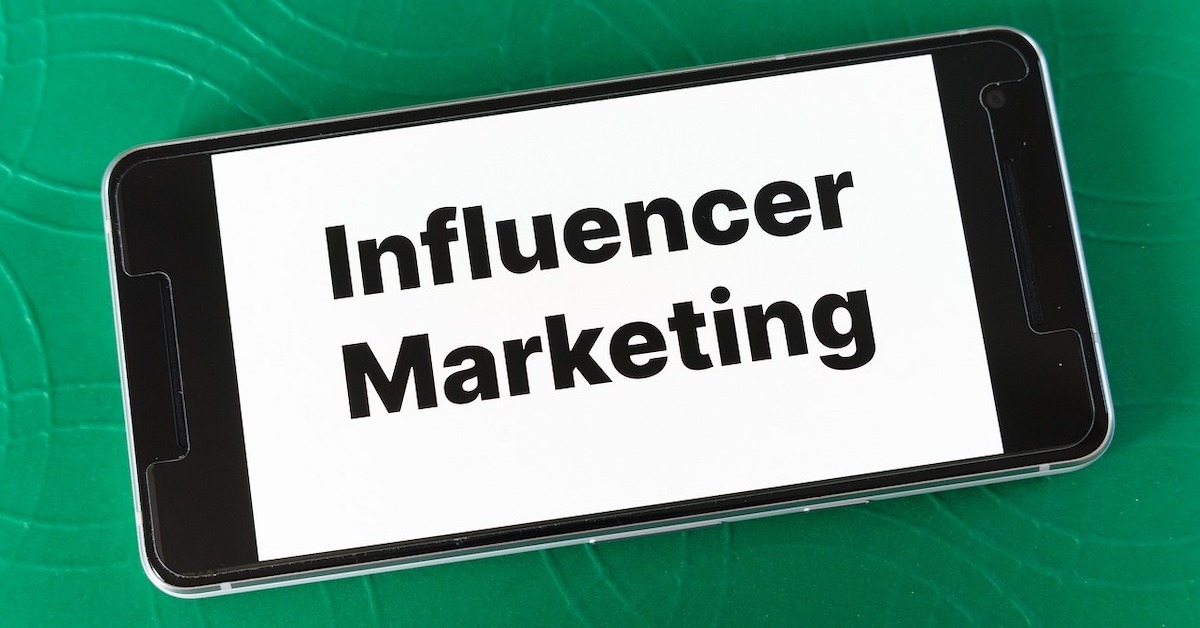AI for public relations; Eve Communications’ Content Executive Matt Webster grapples with the ethics, morality and practicalities of using artificial intelligence to produce public relations content.
Artificial intelligence automation
By now we all probably know what artificial intelligence, or AI, is. In the past few years, and especially in the last six-to-nine months, AI has been rapidly developing across a wide array of industries, including public relations. On the face of it, using AI to write your press releases, social media posts, or marketing literature seems like a great idea. But is it?
The simple answer is that humans are still the better option. I guess we would say that, wouldn’t we? What I mean is that while an AI algorithm could knock out a press release in seconds, it wouldn’t be very good (believe me, I’ve tried it, but we’ll get to that).
What you get back isn’t terrible – in fact it’s really amazing that a bot-brain can even grasp the basics of a press release.
What it lacks is nuance, and the human touch which adds the magic dust to a media note to make it stand out from the rest. But that’s not surprising.
What are the pros and cons of AI for public relations?
In short, there is still a massive limit to what AI can do.
One of the most common AI platforms that can be used for to create content is ChatGPT, which can generate human-like text and has a wide range of applications. How this software works is a user will give the AI a prompt, for example “Write a 250-word press release about…”, and the AI will generate text based on that prompt. How this works, or at least my extremely basic understanding of it, is that the software will scour information from the internet and generate something that is based on millions of results to produce a piece of content that fits the prompt.
(Full disclosure; I struggle to comprehend how any of this AI stuff works.)
I tested ChatGPT and prompted it to write a press release for me to see how it would do. The result was a comprehensible, and it got the general message across. But the big issues with what it generated was how generic it was, how much it lacked necessary detail, as well as some factual inaccuracies in the press release.
If you were to use ChatGPT or a similar AI software to produce a press release, you would still have to proofread the press release and correct every mistake and add in everything it missed, at which point you may as well just write the thing yourself.
On the surface I will admit that AI could be a genuinely useful tool for producing content, but I would argue it would be better used as a tool to help you with small aspects of your PR needs, for example coming up with basic ideas or translating documents if you have an international client base, instead of doing the whole job for you.
But there are still so many ethical and potentially legal issues that come with using AI.
The biggest issue I would argue is the possibility of copyright infringement and plagiarism when using an AI software. Because AI software uses the internet to gain the information it needs, it is possible that it pulls information from copyrighted sources which could lead to various legal headaches even if you never intended to intentionally plagiarise. The danger with using AI will always be that you’ll never truly know where the software is getting its information from.
AI ethics and public relations
This issue of legality with the source of an AI’s information also brings up an ethical issue as well, the issue of privacy violation. If an AI can get its information from anywhere on the internet, what’s to stop it gathering personal information and sensitive data from different people or organisations? It is entirely possible that an AI could generate a result that contains information that it shouldn’t have had access to, which is not only ethically questionable, but also quite scary.
This may be an obvious statement but, at least for me personally, there is an issue of trust when it comes to AI, both in PR and in general. If I hired a PR agency run by humans to do my PR, I would trust that they not only would know what they’re doing, but I would also trust that they would have my interests in mind when producing the work. I don’t have that same trust when it comes to AI. Not only do I not trust that it will get the job done right, but I also wouldn’t trust how it’s using the information I submit to it to get the work generated.
Plus, has the Terminator and HAL-9000 not taught us anything? AI is evil I tell you, evil! Even if an AI software was less Ultron and more C-3PO I still wouldn’t trust it. Joking aside, I truly believe that there is something inherently untrustworthy about AI software due to the legal and ethical baggage that could come with it. Just for my own peace of mind I would always go to an actual PR professional.
The quality of being humane
When you use a PR agency run by humans – and honestly, I can’t believe I have to stipulate whether a business is run by humans or robots these days – you know that you will be going to someone who has experience in the industry and is trusted by a number of clients to do the job right. Humans will always have a better understanding of the intricacies of a job and will strive to produce the best possible piece of work, whereas an AI will aim to produce the most convenient content.
While AI may prove to be the more convenient alternative, I urge you to stick with humans when it comes to your PR needs. People are still the best option, not the machines.
To find out how we can help to create your public relations content, get in touch here.





